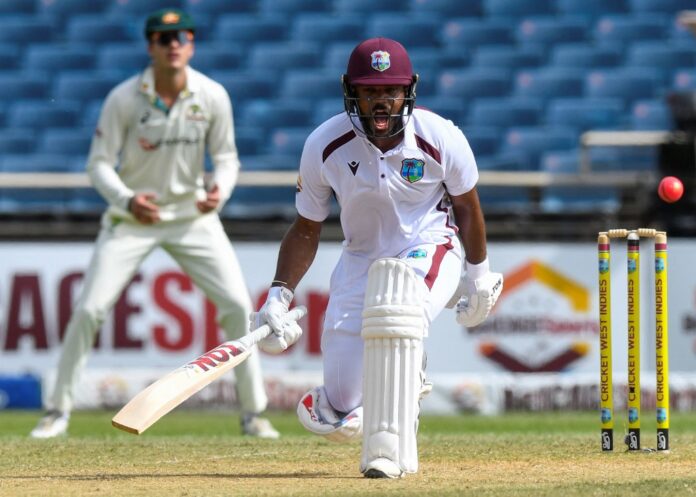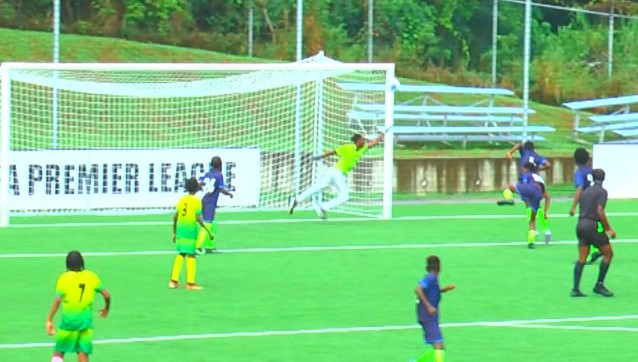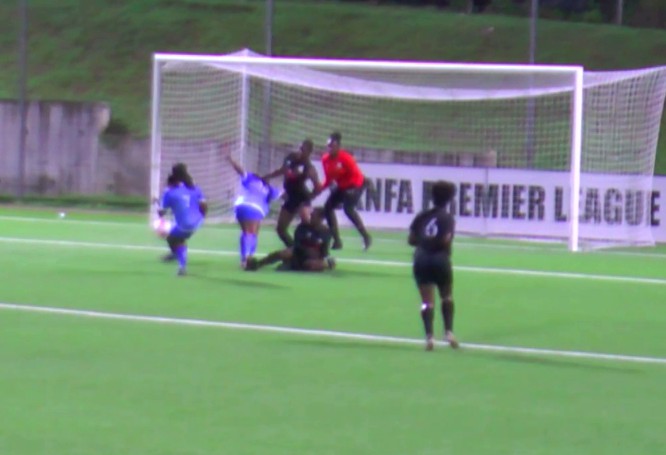The Diminished Status of West Indies/Australia Test Matches: A Potential End to an Era?
The ongoing Test series between Australia and the West Indies in the Caribbean is steeped in historical significance, yet it is overshadowed by a disconcerting possibility: this might be the last time these two cricketing giants clash in a Test series on West Indian soil. The whispers circulating within the International Cricket Council (ICC) regarding the Future Tours Programme (FTP) suggest that no Test matches between these two nations are scheduled in the Caribbean beyond 2027. This potential reality marks a stark contrast to a time when tours to the West Indies were considered the pinnacle of the cricketing calendar, a coveted journey filled with intense competition and vibrant Caribbean culture.
The dwindling crowds in Barbados and Grenada during the current series, primarily composed of Australian supporters anticipating a final encounter, underscore the decline of Test cricket’s prominence in the region. This decline has been fueled by the meteoric rise of T20 leagues, which have captivated local interest and diverted resources away from the longer format. Even in Kingston, the venue for the third Test, a local taxi driver’s excitement was directed towards a forthcoming T20 match, highlighting the shift in the cricketing landscape. This waning enthusiasm is mirrored by legendary West Indian fast bowler Michael Holding’s disillusionment with the sport, signifying a broader sense of alienation among Caribbean fans due to administrative missteps and the global prioritization of shorter formats.
In contrast to Holding’s apathy, another West Indian fast-bowling legend, Sir Andy Roberts, remains a vocal advocate for Test cricket. He views the potential demise of Australia-West Indies Test series as a grave injustice, fueled by financial considerations that threaten the very essence of the sport. Roberts criticizes the global cricketing bodies for prioritizing financial gains over the preservation of historical rivalries and the development of West Indies cricket. He argues that wealthier cricketing nations would receive substantial support if they faced similar struggles, highlighting a perceived inequity in the treatment of the West Indies.
From Australia’s perspective, the desire to continue playing Test cricket, both home and away, remains strong, as affirmed by Cricket Australia CEO Todd Greenberg. However, the increasingly complex scheduling landscape presents a significant hurdle. With England and India’s packed Test schedules, Australia and the West Indies struggle to find space in the calendar, a problem that could be exacerbated by the ICC’s potential implementation of a two-tiered Test system. Furthermore, the declining competitiveness of the West Indies, a team that once dominated world cricket for over a decade, is also a contributing factor. While their bowlers have shown glimpses of their former prowess in the current series, consistent batting collapses have hampered their chances of victory.
The potential erasure of Australia-West Indies Tests represents a loss that transcends mere statistics. This rivalry is imbued with rich history, featuring legendary clashes between iconic players like Dennis Lillee and Viv Richards, and culminating in Steve Waugh’s series-clinching victory at Sabina Park in 1995, a moment that symbolized the end of West Indies’ reign of dominance. The prospect of a future without this fixture is a stark reminder of the vulnerability of even the most cherished cricketing traditions in the face of commercial pressures.
The possible conclusion of this historic rivalry serves as a cautionary tale. It signifies the potential erosion of cricket’s heritage due to a combination of factors, including administrative neglect, financial inequities, and the relentless pursuit of short-term commercial gains. If this series does mark the final chapter of Australia-West Indies Test cricket in the Caribbean, it represents not just the end of a series, but a somber reflection on the shifting priorities within the sport, a shift that threatens to diminish the legacy of a rivalry that once defined an era.
Share this content:












Post Comment